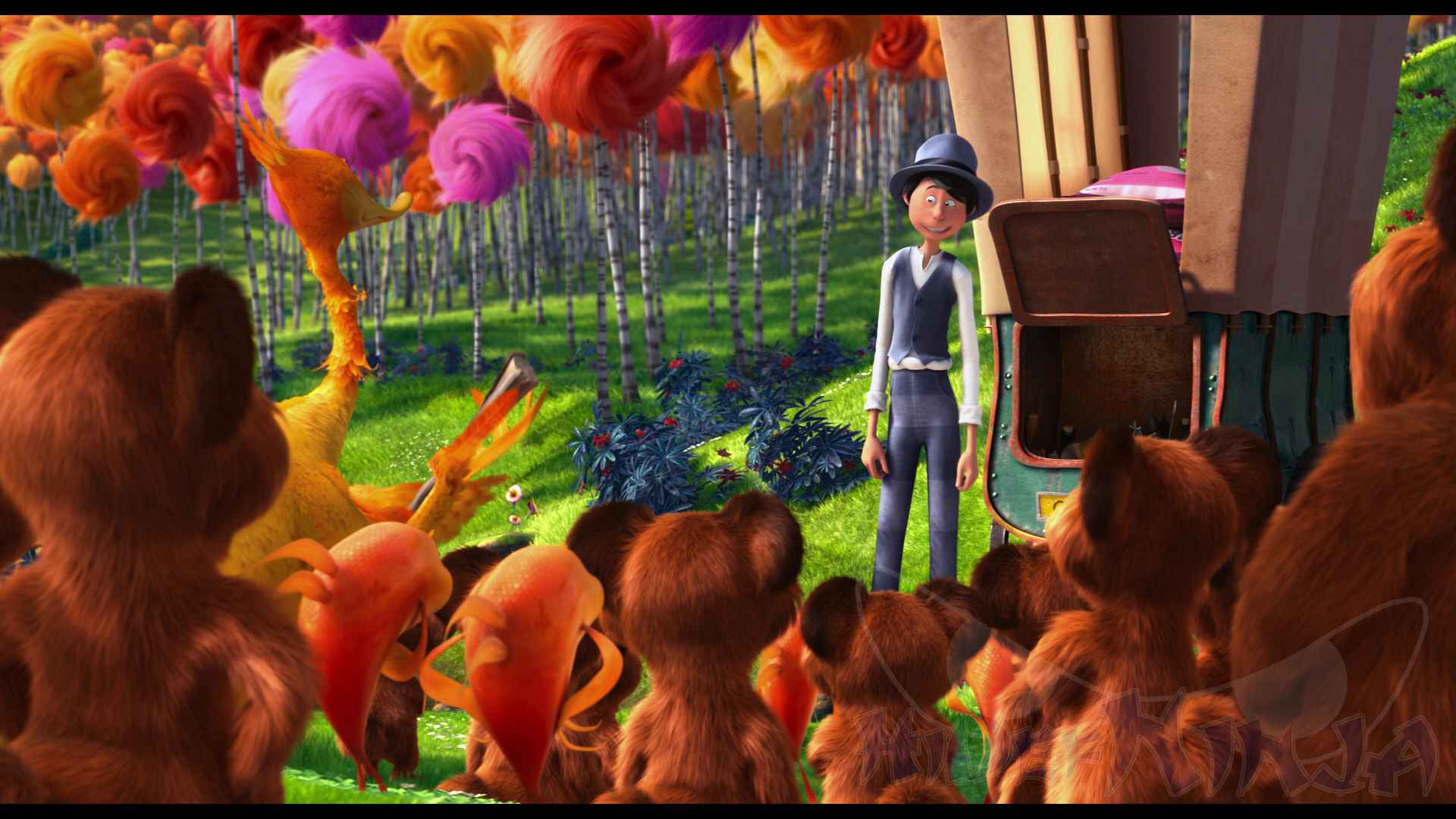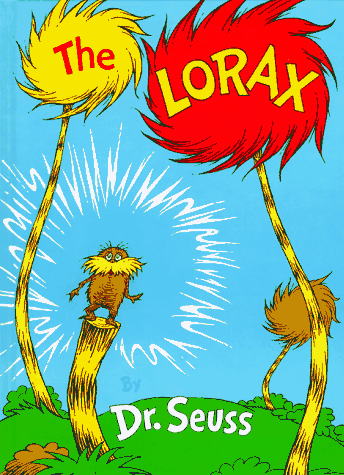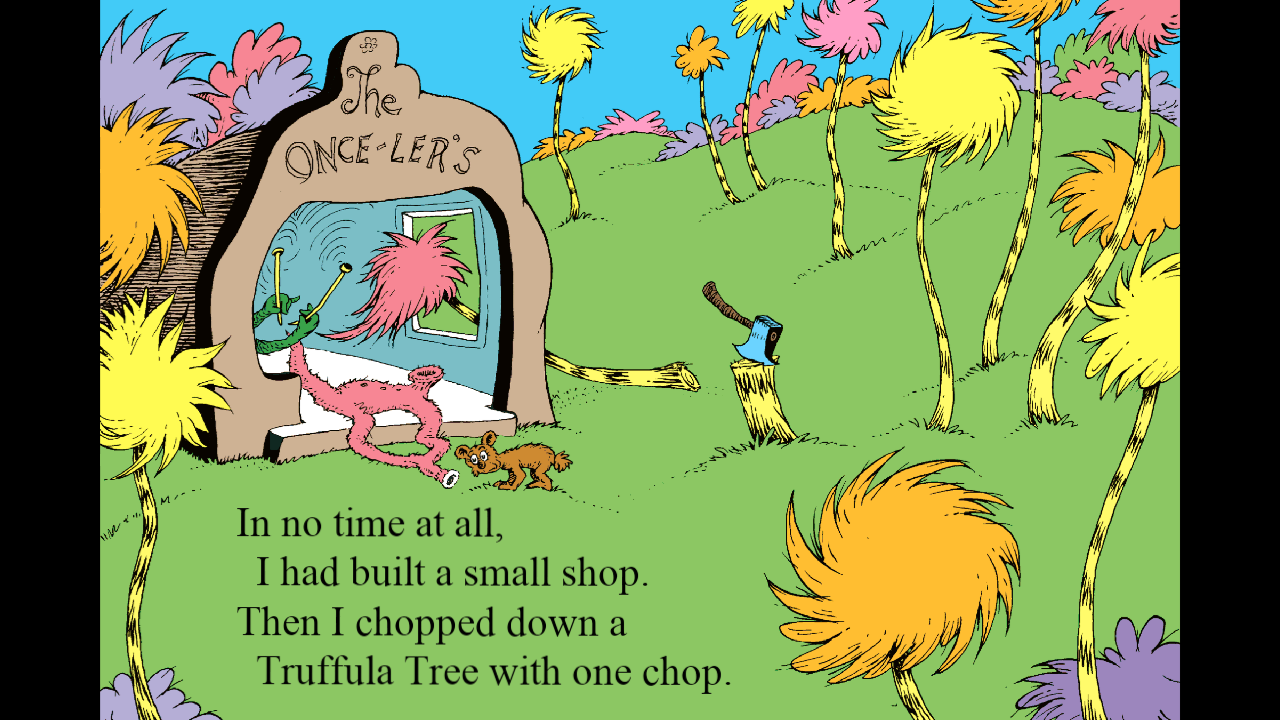
Seuss, the root of ecological destruction is greed. The Environment According to Seussįor Dr. Seuss’s book incorporating a more accurate analysis of the causes of environmental degradation and a vision of how change might occur. The students’ assignment was to rewrite Dr. Together, students and I read and critiqued The Lorax. Books like The Lorax are read to children over and over even if the kids don’t grasp every nuance, the books play a major role in explaining a larger world and shaping how children respond to it. And second, just because literature is simple does not make it any less influential. Seuss’s story that offers students such a fine opportunity to hone their skills for social analysis. Seuss? The answer is twofold: First, it’s the very simplicity of Dr. I know what you’re thinking: What’s this guy’s problem, picking on Dr.

On this level, The Lorax is flawed, offering a misleading analysis of environmental ruin and a wrong-headed - albeit implicit - strategy for social change. In class we read The Lorax as serious political literature, just as we approached Steinbeck’s In Dubious Battle, Edward Bellamy’s Looking Backward, and Marge Piercy’s Woman on the Edge of Time. As many educators have noted, discussing The Lorax can encourage students - even young children - to see themselves as environmental activists in their own communities. Indeed, The Lorax offers wonderful potential to provoke students to think about environmental degradation - from the rape of the ancient forests to the Exxon Valdez oil spill. With luck, we may live happily ever after.

The earth and its creatures are given another chance to live a sane and ecological life. Although the book chronicles an environmental holocaust, the story ends on a hopeful note, with a redemptive speech from the formerly evil Once-ler. On first reading, The Lorax appears to be a straightforward tale about the horrors of pollution and the necessity to become aware of nature’s interconnectedness. What is a good society, and how can we bring it about? Tackling these not-so simple questions was the goal of “Literature and Social Change,” a class I taught for several years at Jefferson High School in Portland, Oregon.

Rethinking Schools published a blog on Maextending this critique to the Universal Pictures release of the film by the same name. Seuss’s classic “environmental” book of the same name, we share an article by Bill Bigelow about the lessons children learn (and don’t learn) from the book and film about the causes of environmental ruin and how to organize for change. The article first appeared in Rethinking Schools magazine in the early 1990s. With the release of the Universal Pictures film, The Lorax, based on Dr.


 0 kommentar(er)
0 kommentar(er)
